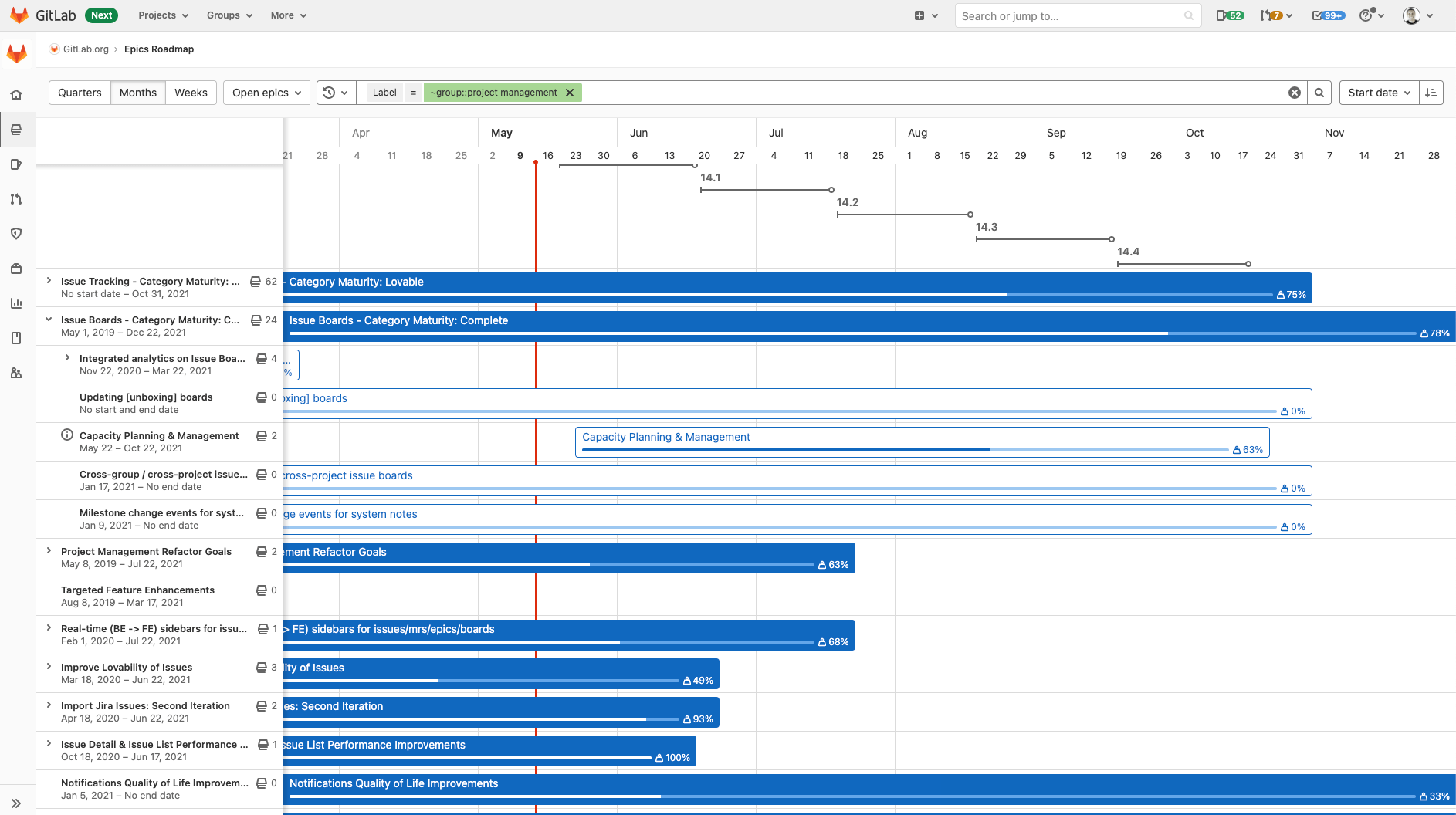Several years ago, a portfolio manager asked me if he needed to learn about “all the stuff the DevOps people do.” I told him yes, explained why it was worth it to “learn their language,” and discussed how he could extract nuggets of information to help unlock product value. It was good advice at the time, but it didn’t answer the bigger question—“Sure, he should, but should he have to?”
The answer to that question is no. He already had a job—managing a P&L for several products. He shouldn’t have to learn another job just to do that one well.
Tools are rarely the solution, but they’re often the problem. At the time, without custom integration, lots of digging, manual translation, and a little bit of luck, there just wasn’t a good way to surface all the information the portfolio manager needed to do his job well. At best, he’d receive batched reports from different tools in his DevOps toolchain, with none of them connected to the tools where decisions were made. So putting on a DevOps hat was the best compromise.
Times have changed for the better. DevOps and Agile have matured. We’ve established best practices, we know how and when to deviate from them, and we have an idea how we’d like to improve them. On the tool side, that means we’re ready to ditch those toolchains for a platform.
GitLab was the first DevOps platform — designed as a single application from the beginning — but platform evolution is nothing new. Salesforce combines what used to be a disparate toolchain with massive integration overhead into a CRM platform that anyone, in any role, can use to boost productivity. Recently, the industry seems to have started to endorse the trend toward DevOps platforms. Last year, Gartner identified a new market in its 2020 Market Guide for Value Stream Delivery Platforms, in which GitLab was a Representative Vendor.

We’re excited to see industry experts recognize that we’ve reached the next stage of evolution. But what does a DevOps platform mean for that portfolio manager, or a product owner, or anyone else focused on the “business” end of business? Quite a lot, actually. It means:
- Accuracy: When the work happens inside the same system of the planning, there is no lost data at API chokepoints, no delayed outputs from batch processes, and no doubt that the status rollups for an epic are anything but up-to-date.
- Visibility: When you need more than a roll-up of an initiative’s status, a DevOps platform lets you inform your planning by clicking through into any level of detail — down to actual code changes or security and performance scan results.
- Efficiency: Contextual drilldowns mean never again having to sift through spreadsheets full of useless-to-you data just to find that one thing you need.
- Actionability: “Reporting” is so 20th century. A DevOps platform lets you learn, plan, and execute in the same system, removing blockers, collaborating, and adjusting course without losing any context or time.
- Delivery speed: Fewer resources spent maintaining integrations means more developers and ops personnel focused on actually delivering value to your users.
Don’t just take our word for it: look at customers like British Geological Survey, which uses GitLab to collaborate across roles.
“GitLab has become our central place to store code and issues. It's become a mission critical system for our organization.”
Wayne Shelley, DevOps integration leader, BGS
Industry experts are responding to our approach. In its 2021 Magic Quadrant for Enterprise Agile Planning Tools, Gartner named GitLab a Leader for the first time. We’re proud of the recognition, but we’re even more excited to continue to build on our unique take on Agile planning in the future — and you’re a part of that future. Please read our planning vision and contribute!
Gartner, Magic Quadrant for Enterprise Agile Planning Tools, Bill Blosen, Mike West, Deacon D.K Wan, Akis Sklavounakis, Keith Mann, Wan Fui Chan, Hassan Ennaciri, 20 April 2021
Gartner does not endorse any vendor, product or service depicted in its research publications and does not advise technology users to select only those vendors with the highest ratings or other designation. Gartner research publications consist of the opinions of Gartner’s research organization and should not be construed as statements of fact. Gartner disclaims all warranties, expressed or implied, with respect to this research, including any warranties of merchantability or fitness for a particular purpose.
Cover image by Alvaro Reyes on Unsplash


